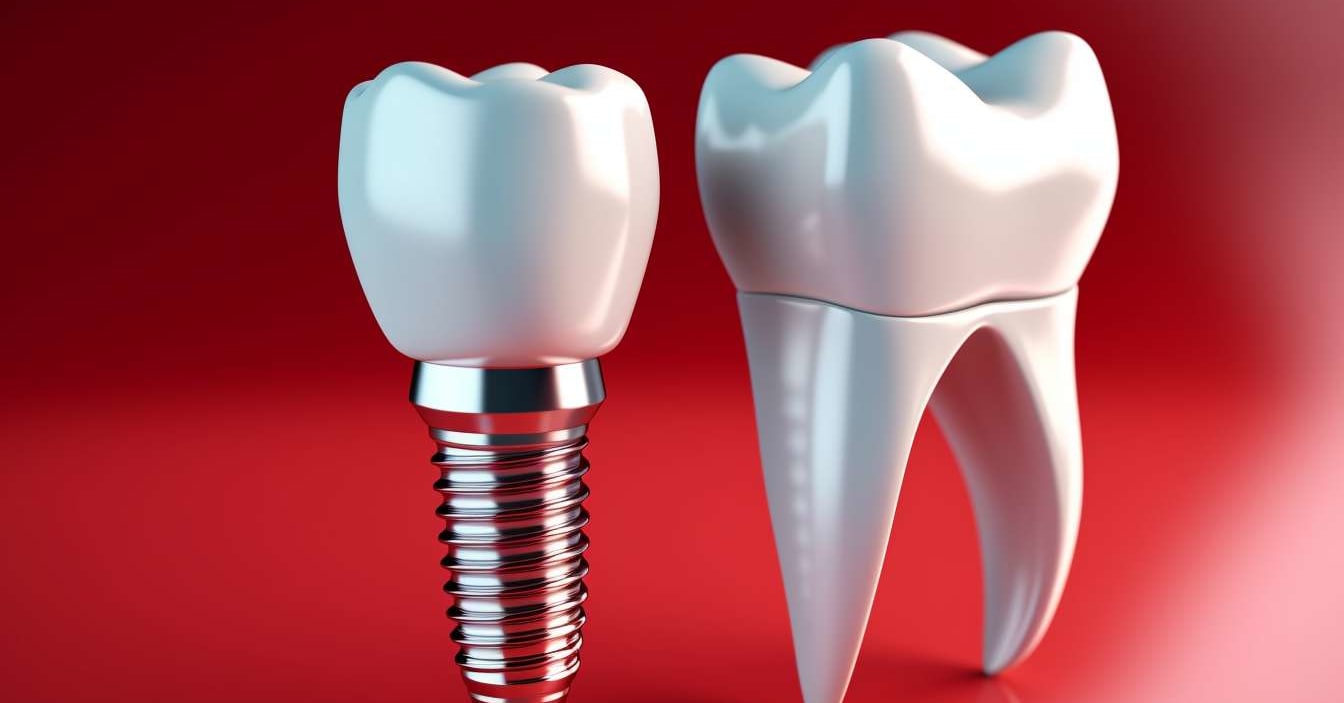Emergency Tooth Replacement: What You Need to Know for Quick Solutions
Losing a tooth unexpectedly can be both painful and distressing, leaving you searching for immediate solutions. Whether due to trauma, severe decay, or sudden dental complications, emergency tooth replacement requires prompt attention and proper care. Understanding your options and knowing what steps to take can make the difference between preserving your oral health and facing long-term complications. From temporary fixes to permanent solutions, various approaches exist to address urgent dental needs and restore your smile quickly.

When faced with sudden tooth loss, time becomes a critical factor in determining the success of your treatment options. Emergency situations involving teeth can occur at any moment, whether from sports injuries, accidents, or unexpected dental complications that require immediate intervention.
How to Handle a Dental Emergency with Emergency Tooth Replacement
The first moments after losing a tooth are crucial for preserving your options. If the tooth is completely knocked out, handle it by the crown only, avoiding touching the root surface. Rinse gently with clean water if dirty, but never scrub or remove attached tissue fragments. Try to reinsert the tooth into its socket immediately, holding it in place by gently biting on a clean cloth. If reinsertion isn’t possible, store the tooth in milk, saliva, or a tooth preservation solution while seeking immediate dental care.
Contact an emergency dentist within 30 minutes for the best chance of successful reimplantation. Many dental practices offer 24-hour emergency services or can refer you to urgent care facilities equipped to handle dental trauma.
Need a Fast Tooth Replacement? Learn How to Get Help When Time is Critical
When immediate reimplantation isn’t viable, several rapid replacement options exist. Temporary solutions include dental bridges, partial dentures, or flipper teeth that can be fabricated quickly to restore function and appearance while planning permanent treatment.
Same-day dental services have revolutionized emergency care, with some practices offering computer-aided design and manufacturing technology that creates crowns, bridges, or temporary replacements within hours. These immediate solutions prevent adjacent teeth from shifting and maintain proper bite alignment during the healing process.
For severe cases involving multiple teeth or extensive damage, emergency oral surgeons can perform extractions and immediate implant placement in a single appointment, though this depends on individual circumstances and bone quality.
Emergency Dental Solutions Made Simple: Find Out the Options for Tooth Replacement
Permanent replacement options vary based on location, bone density, and overall oral health. Single tooth implants offer the most natural solution, involving a titanium post surgically placed into the jawbone with a crown attached after healing. This process typically takes 3-6 months but provides the most durable and aesthetically pleasing result.
Bridges represent another permanent option, using adjacent teeth as anchors to support a replacement tooth. This procedure can often be completed within 2-3 weeks and doesn’t require surgery, making it suitable for patients who cannot undergo implant procedures.
Removable partial dentures offer the most economical permanent solution, though they require more maintenance and may feel less natural than fixed options.
| Treatment Option | Provider Type | Typical Cost Range | Timeline |
|---|---|---|---|
| Emergency Reimplantation | Emergency Dentist | $300-$800 | Same day |
| Temporary Bridge | General Dentist | $500-$1,200 | 1-3 days |
| Single Tooth Implant | Oral Surgeon/Periodontist | $3,000-$6,000 | 3-6 months |
| Fixed Bridge | Prosthodontist | $2,000-$5,000 | 2-3 weeks |
| Partial Denture | General Dentist | $800-$2,500 | 1-2 weeks |
Prices, rates, or cost estimates mentioned in this article are based on the latest available information but may change over time. Independent research is advised before making financial decisions.
Factors Affecting Emergency Treatment Success
Several variables influence the outcome of emergency tooth replacement procedures. Age plays a significant role, as younger patients typically experience better healing and integration rates. The condition of surrounding teeth and gums affects treatment options, with healthy adjacent structures supporting more diverse replacement methods.
The cause of tooth loss also impacts treatment planning. Traumatic injuries may damage surrounding bone and soft tissue, requiring additional procedures before replacement. Teeth lost due to decay or periodontal disease may indicate underlying oral health issues that need addressing before permanent restoration.
Timing remains the most critical factor in emergency dental care. Seeking treatment within the first few hours maximizes success rates for reimplantation and minimizes complications from delayed care.
Long-term Considerations and Follow-up Care
Emergency tooth replacement often represents the beginning of a longer treatment journey. Temporary solutions require eventual replacement with permanent options, and proper maintenance becomes essential for long-term success.
Regular follow-up appointments allow dentists to monitor healing, adjust temporary appliances, and plan definitive treatment. Patients should maintain excellent oral hygiene, avoid hard foods that could damage temporary restorations, and report any pain or complications immediately.
Some emergency treatments may require additional procedures, such as bone grafting for implants or root canal therapy for reimplanted teeth. Understanding these potential needs helps patients prepare financially and emotionally for comprehensive care.
Emergency tooth replacement encompasses various immediate and long-term solutions designed to restore function and appearance after unexpected tooth loss. Success depends on prompt action, appropriate treatment selection, and commitment to follow-up care. While emergency situations can be stressful, modern dentistry offers numerous effective options to address urgent needs and maintain oral health. Consulting with qualified dental professionals ensures the best possible outcome for your specific situation and long-term oral health goals.
This article is for informational purposes only and should not be considered medical advice. Please consult a qualified healthcare professional for personalized guidance and treatment.




